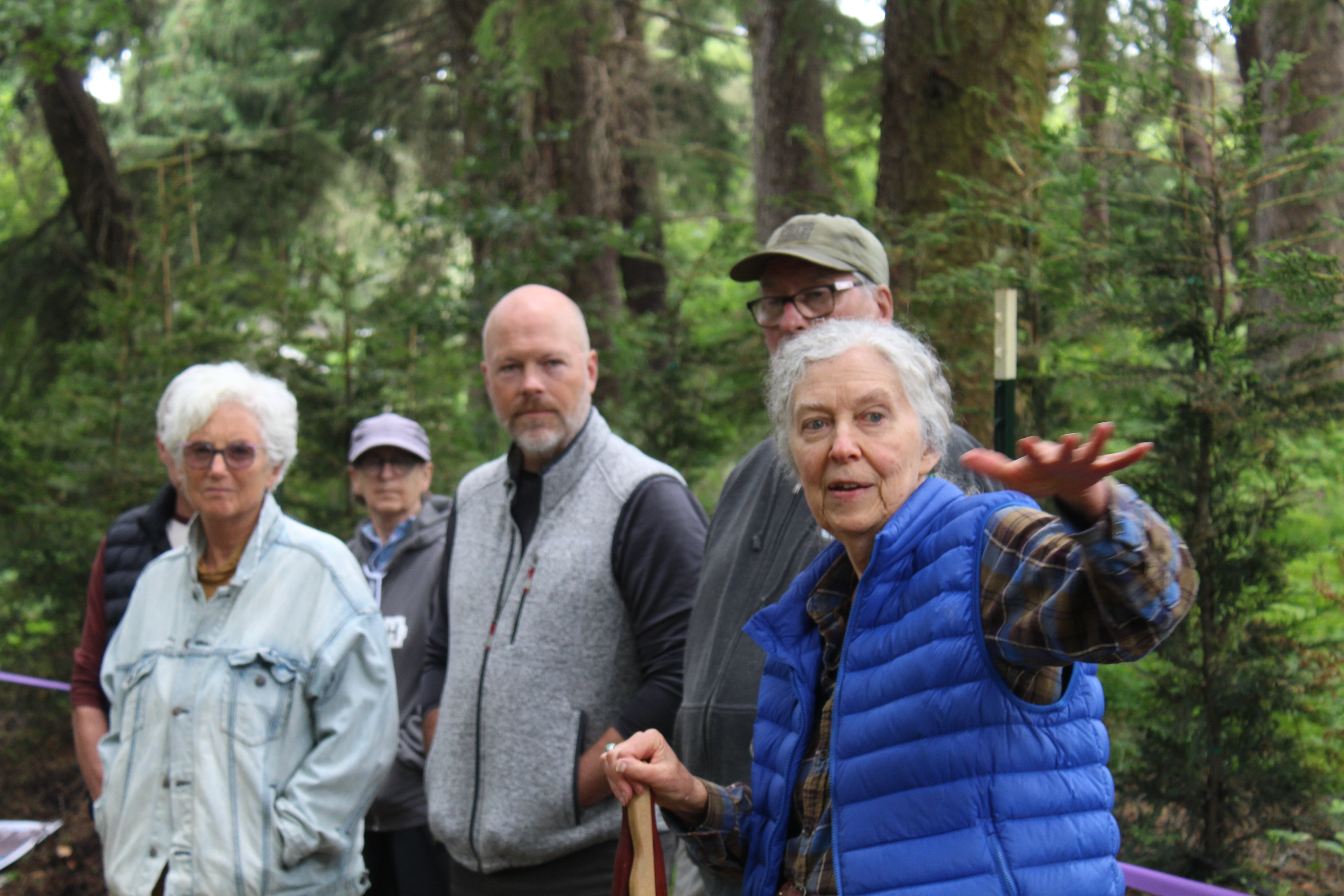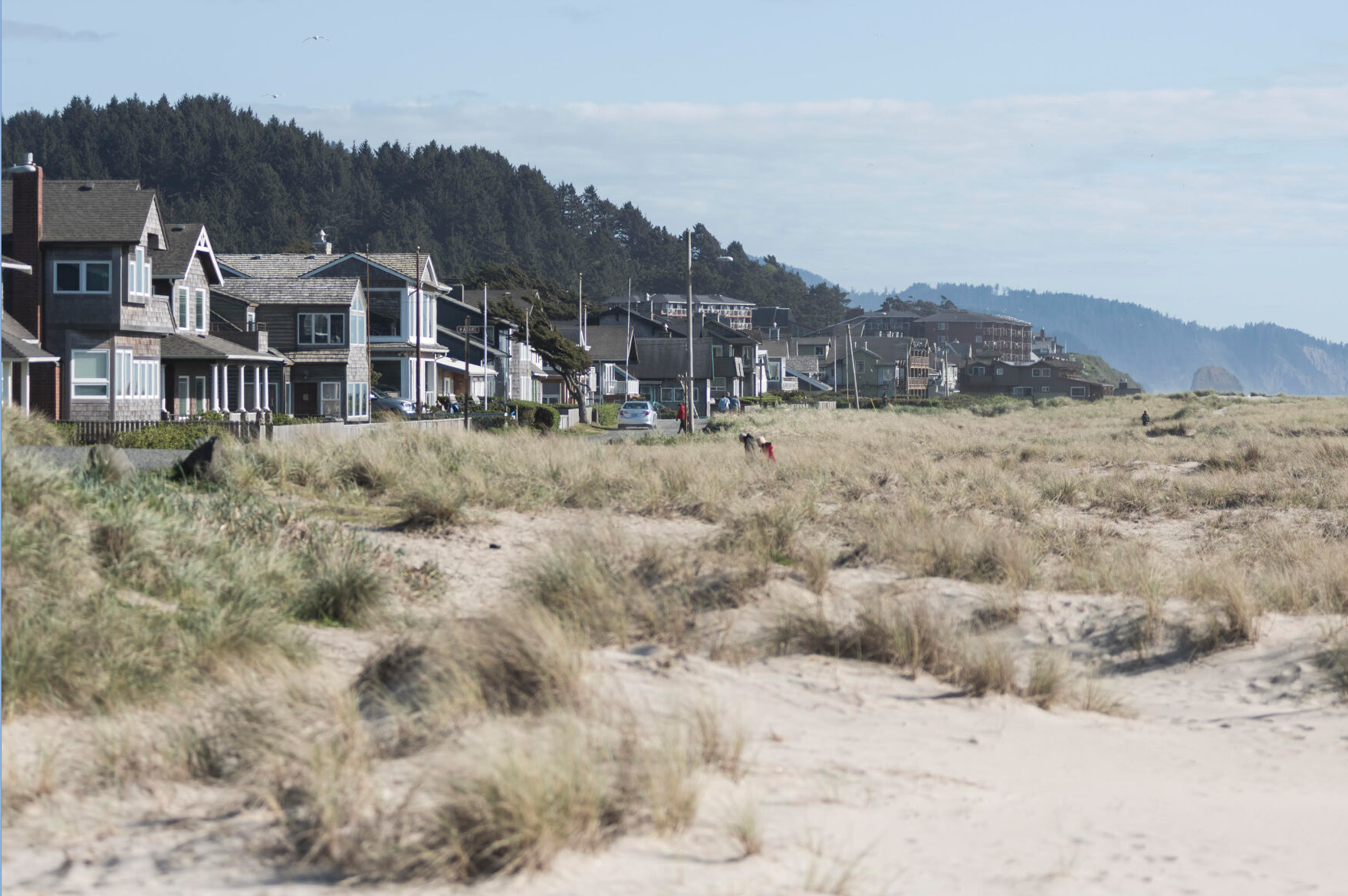Guest Column: Beef fans face frustrating future
Published 12:30 am Thursday, November 9, 2023

- Andre Stepankowsky
Climate change may eventually make vegetarians of us all.
Trending
I recently read a statistic that meat accounts for nearly 60% of all greenhouse gases released from food production worldwide.
By some estimates, rich nations must reduce meat consumption by 75% to meet greenhouse gas reduction targets. But worldwide meat production is growing rapidly.
This is going to be hard for many people, me included.
Trending
Meat production often is overlooked as a contributor to climate change. Remember, though, that beef and dairy cattle and other livestock are notably flatulent, releasing massive volumes of methane, an especially potent Earth warmer.
Remember, too, that carbon-absorbing forests are disappearing to make room for grazing grasslands. Brazil, for example is rapidly denuding the Amazon rain forest to raise more beef cattle, contributing to a loss of biodiversity in addition to climate change.
Finally, massive amounts of energy, fertilizer, water and other resources are expended to grow animal feed such as corn and soy.
Climate change has put my appetite and taste buds in conflict with my environmental sensibilities and my Eastern European heritage.
In my family, you had not really dined unless you had a piece of meat. My late grandmother, who delighted in satisfying my prodigious appetite, dished out potfuls of stewed beef any time I visited.
I love meat in all forms: baked, stewed, grilled, fried and even raw (as in steak tartare). Beef is a particular favorite.
In 1982, I and a former Daily News colleague, 6-foot-7-inch Dell Burner, had a meat-eating contest at the Sayler’s Old Country Kitchen in Portland. It offers a “72-ounce challenge.” Eat a 4.5 pound steak and trimmings in an hour, and you don’t pay.
It was a memorable evening that led to a hilarious feature story about raw meat and raw egos. But neither of us finished.
I can still consume seven pork chops in a sitting, though I now restrain myself to avoid bloating my ample store of dietary reserves. And I want to leave this planet healthy for my kids and future generations. The trouble is, what to do about it?
I’m in a Catch-22.
My wife, Paula, and I have reduced our red meat intake. And I have eliminated delicatessen meats from my diet in favor of healthier salads. Still, there usually is some kind of meat on our dinner table.
I could rationalize and say that agriculture is not among the top four emitters of greenhouse gases in the United States, according to the U.S. Environmental Protection Agency.
The biggest are transportation (28%), electrical power generation (25%) and industrial plants (23%). Agriculture is No. 5 at 10%, just behind commercial and residential sources (13%). Still, farming accounts for a lot, especially considering that the U.S. is the world’s second-largest emitter of greenhouse gases, behind China.
So while we drive less, turn down thermostats and take other steps to reduce our carbon footprints, there’s still a need to steer clear of meat.
Eat more veggies and fruits? There’s no doubt that doing so would help fight climate change. Growing them is less carbon intensive, and they produce calories more efficiently than meat. Yet their production also depends on abundant water, pesticides, fertilizers and poor migrant workers. And I don’t think too many of us — myself included — wants to become vegans. Still, eating more beets, lettuce, tomatoes, artichokes, mushrooms and other plant matter would help.
Eat more fish? The oceans already are overfished.
The root of this problem is global overpopulation. There simply are too many mouths to feed. Governments must adopt policies that discourage large families. But that is a long-term solution. Climate change is an urgent matter, and we need to change how we feed people soon. That won’t be easy — or popular.
Just chew on that for a moment.









